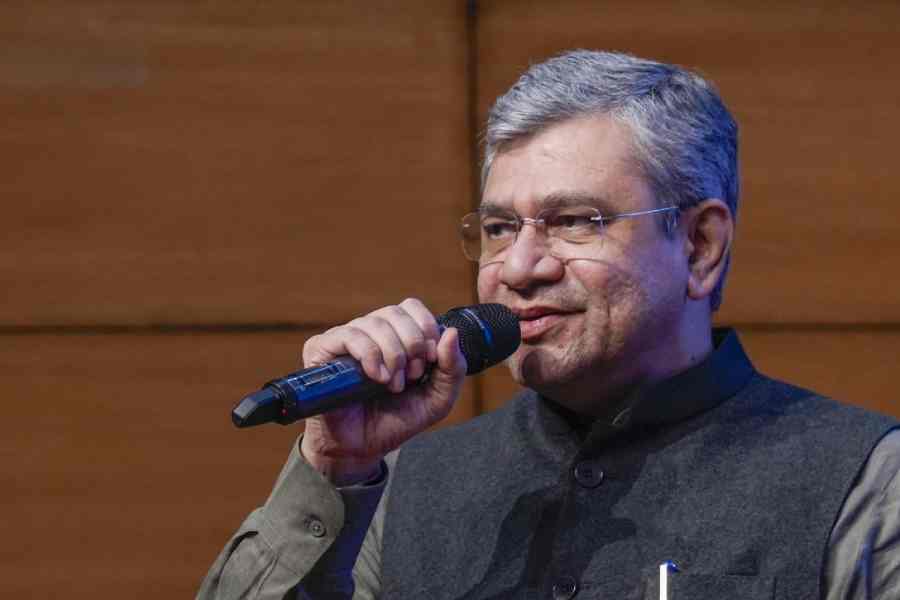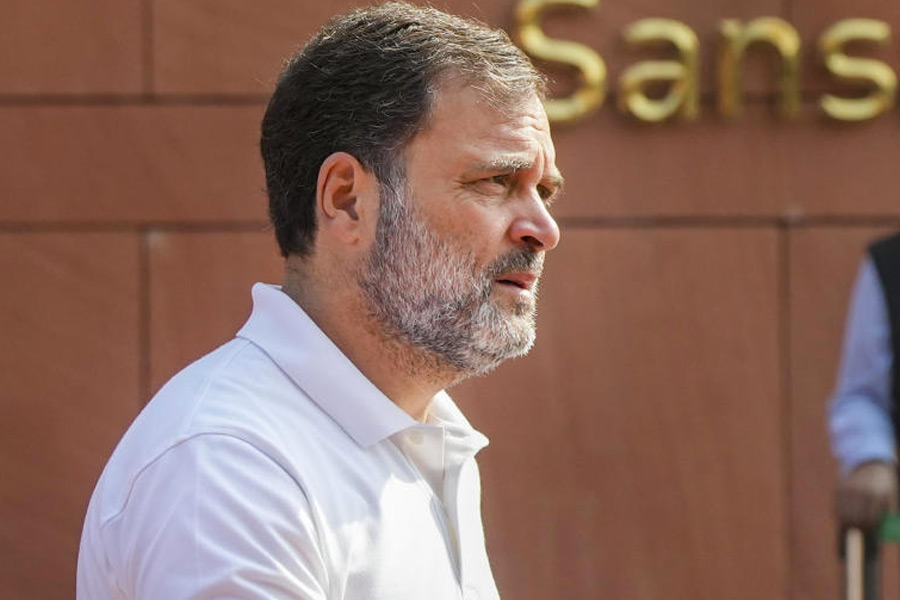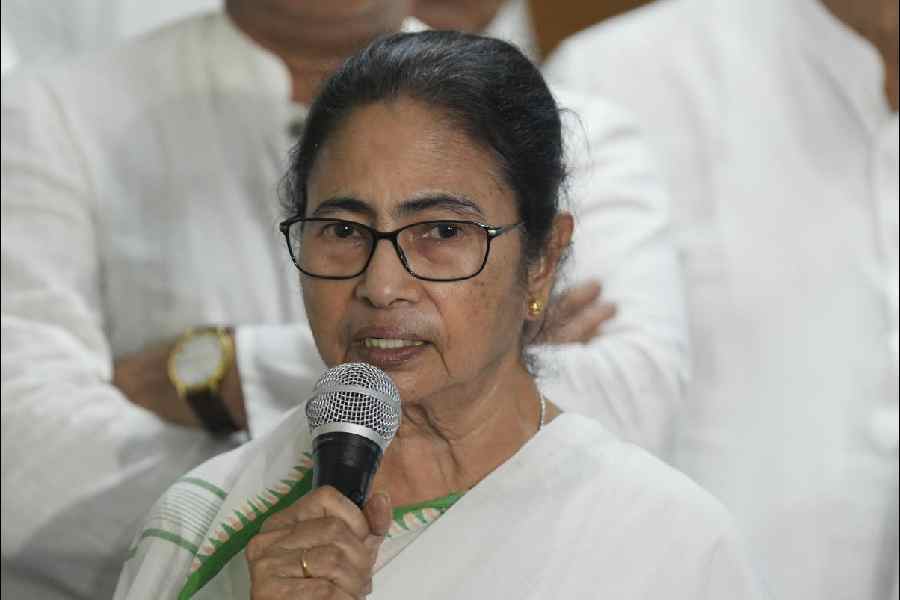Multiple doctors have decried a video clip that showed a railway staff member purportedly administering cardiopulmonary resuscitation (CPR) to a train traveller. The clip had been shared for public consumption but subsequently deleted by railway minister Ashwini Vaishnaw.
The video posted on Sunday by Vaishnaw on X had surprised doctors because it showed a railway official providing the CPR chest compressions to a man who appeared conscious and responsive. Vaishnaw wrote: “Our dedicated Indian Railways team.”
The doctors, responding to the minister’s post, asserted that CPR should not be provided to a conscious person and urged the minister to delete the post, which was no longer visible on Tuesday.
Some have expressed concern that the post was a fresh reminder of how health misinformation can spread via social media, citing the example of claims last week by former cricketer Navjot Singh Sidhu that dietary changes had helped cure his wife’s breast cancer.
Cyriac Abby Philips, a liver specialist in Kerala’s Kottayam who was among the doctors who expressed concern about Vaishnaw’s post, said the video clip reflected a lack of medical science literacy.
“It is imperative that you delete this post of yours,” Philips wrote on X, responding to Vaishnaw’s post. “It showcases your lack of medical science literacy and the utter lack of basic health literacy of the railways team currently working under you.”
Sam Ghali, an emergency medicine specialist in the US, posted on Monday: “I can’t believe I actually have to say this but do NOT perform mouth-to-mouth CPR on awake people who are literally talking to you.”
Seven hours after that post, Ghali added: “Honestly, shocking this tweet still hasn’t been deleted yet.”
The doctors emphasised that CPR should not be initiated on persons who are conscious and breathing even if they are experiencing discomfort. Philips said the video was flawed onseveral counts.
“The railway person is harming the patient. His chest compressions are wrong, crude, and he is impairing the chances of spontaneous breathing and increasing the risk of fractures and chest trauma,” Philips wrote in his post.
Both the minister’s post and Sidhu’s claims about how natural products and dietary changes had helped cure his wife’s advanced breast cancer can be labelled as health misinformation, said Philips.
“The railway minister probably did something in complete ignorance, the bigger problem is with what Sidhu did,” Philips said. “Somebody would have sent him (Vaishnaw) the video thinking they did something great… that is something we can tell is wrong.”
But Sidhu’s message will be harder to counter, Philips said, because it contains a personal, anecdotal health misinformation about his wife’s cancer. “People will relate more with Sidhu… and they won’t critically think about how wrong the information is.”
The Tata Memorial Centre in Mumbai, India’s leading cancer centre, had last week urged people not to rely on unproven remedies after Sidhu claimed that lemon juice, neem, turmeric, cinnamon and other dietary interventions had helped cure his wife’s breast cancer.










